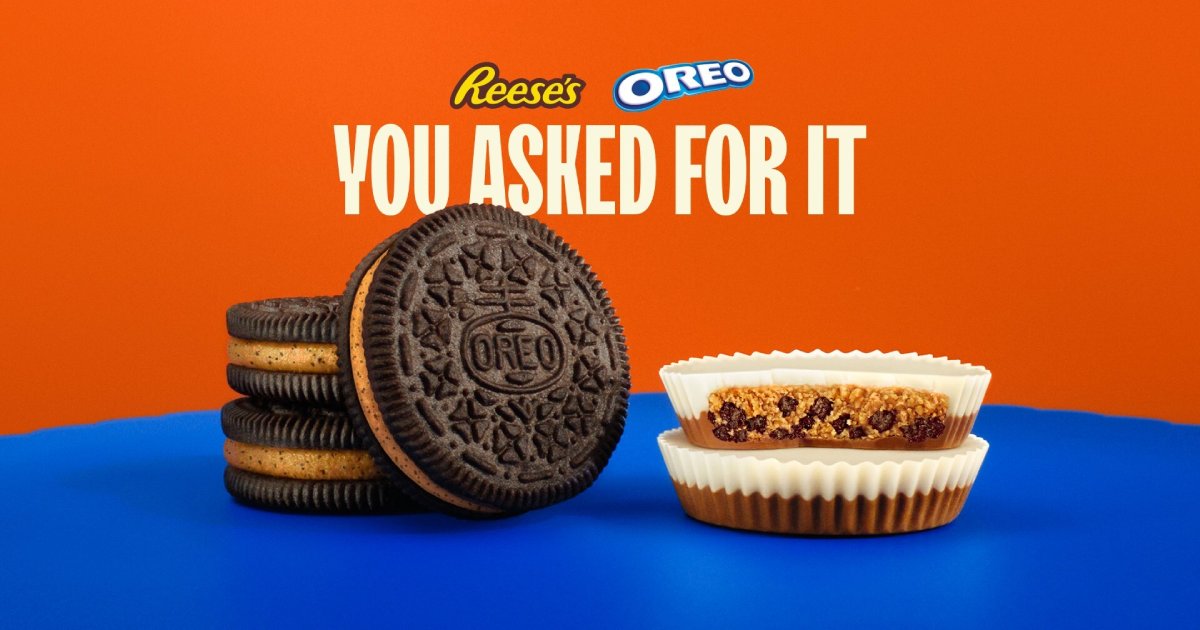Limited-Time Offerings Gain Long-Term Value

By Mark Seavy
Limited-time offerings (LTOs) in the food and beverage space are increasingly being converted into in-line products as brand owners and consumers alike gain an appetite for co-branding and ingredients licensing.
Ingredients licensing has long been successful with products like cookies and ice cream. But as Gen Z consumers develop a taste for unusual flavor mashups (many of which become fodder for viral social media posts), nostalgia brands have also gained currency.
Hormel Corp.’s Spam brand, for example, was introduced in 1937. But earlier this year Spam was paired with Dr. Seuss Enterprises to introduce packaging and a recipe that played on the best-selling children’s book Green Eggs & Ham and is weighing an outbound licensing program for its ingredients. This push with ingredients follows several earlier efforts around Spam-related merchandise, including those with Firefly Brand Management and Design Plus as well as an agreement with Bioworld for t-shirts.
Among candy brands, Hershey’s Reese’s and Mars’ Snickers brands have moved into ready-to-drink (RTD) ice coffees, having already staked a business in baked goods, ice cream, coffee creamers, and other categories. And Just Born’s Peeps brand secured co-branded flavor deals with Pepsi and a 7-Eleven distributor for lattes.
Many companies will only launch one or two branded LTOs a year given the research and development required. And the transition from LTOs, which typically run three months to a year, to in-line products takes a year or more as companies weigh the results of promotions.
In the case of Hormel, the company considered introducing four LTOs annually for its Black Label bacon but later scaled that number back. Black Label bacon most recently introduced a co-brand with McCormick & Co.’s Frank’s Redhot in launching thick cut bacon coated with a seasoning “inspired” by the sauce.
“We are starting to see these have staying power in which LTOs are turning into long-term propositions and I think the LTO has changed the mindset of inbound licensing in consumer food and beverage brands and now they are receptive it,” said Michelle McLaughlin, CEO of Brand Activation Consulting, which represents Hormel and Just Born for licensing. “Companies traditionally focus on their own brands. But consumers are more open to co-branding than they have been in the past. And now that organizations are being educated on LTOs through licensing in general it spreads because there is an excitement that leads to a more permanent licensing proposition.”
That excitement has helped in the case of candy suppliers navigate higher prices amid tighter consumer spending and tariffs, industry executives said.
Candy dollar sales through mid-July were up 3.1% from a year ago at $40 billion, but units slipped 1.6% to $13 billion, according to Circana. Chocolate candy dollar sales rose 3.1% during the same period to $22 billion despite 1.7% decrease in units to $6 billion. Similarly, non-chocolate candy dollar sales rose 3.1% to $13 billion, while units were down 1% at $5 billion, Circana reported.
Part of the increase was tied to products with unique elements or new textures like freeze-dried candy, which has recently become a top-seller. Additionally, flavor-driven launches like “Dubai chocolate”—a chocolate created in 2021 that is filled with a creamy mix of pistachios, kadayif (shredded phyllo pastry), and tahini paste—are keeping brands relevant, said Dan Sadler, Principal for Client Insights at Circana.
“The innovation is what brings excitement back to the category,” Sadler said.




